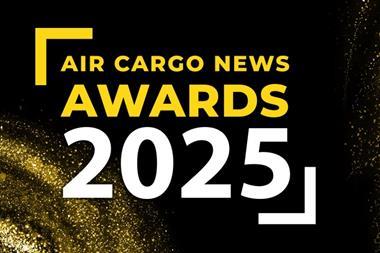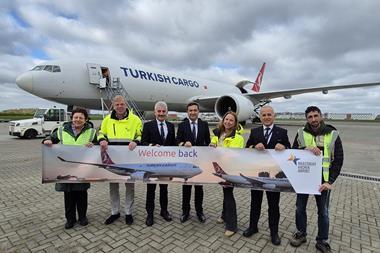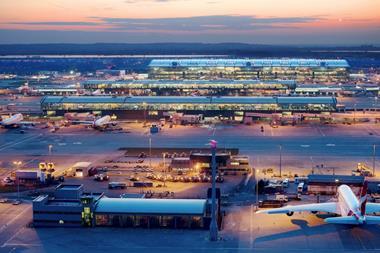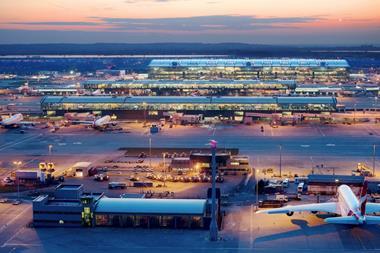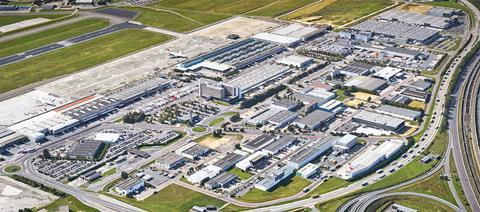
Belgian air and sea cargo gateways are to benefit from the introduction of a new customs platform designed to simplify the import and export of goods, one particularly suitable for those businesses involved in e-commerce.
The new BE-GATE customs platform was officially launched yesterday (June 6). The portal was developed on the initiative of the Belgium Customs and Excise Department and is said to be unlike any other to be found in Europe.
The new platform is being supported by four important Belgian hubs of e-commerce: the ports of Antwerp and Zeebrugge as well as the airports of Brussels and Liège.
Free to use, BE-GATE is designed for processing large amounts of data and the rapid clearance of customs applications.
A high number of arrival notifications can be transmitted simultaneously via an officially approved customs form.
For shipments of less than or equal to 22 euros, this form also serves as a declaration of release for consumption.
For all other shipments, an additional declaration in the Belgian customs software PLDA (PaperLess Douanes et Accises, or Paperless Customs & Excise) is required.
Retailers automatically receive information on those shipments that have been selected for customs control.
Plus, the software provides a recommendation on customs value on the basis of defined criteria, if the value cannot be determined by an alternative method.
To use the system, an economic operator has to have a registered office in Belgium and status as a customs agent.
In addition, an intermediate warehouse or a location approved as a customs warehouse, authorisation for the use of the simplified declaration and a comprehensive guarantee are all required.
Excise goods, goods subject to licenses and goods subject to special restrictions and control measures cannot use BE-GATE.
For exports, BE-GATE can be used for shipments with a value of up to 1,000 euros and a weight of less than 1,000kg. Otherwise, an additional declaration in the PLDA form is required.
Multimodal connectivity
Airfreight hubs like Brussels and Liège connect Europe with the rest of the world. Furthermore, an extensive road, barge and rail network connects these Belgian airports to the hinterland.
Multimodal shippers require an integrated approach of combining sea, air and rail freight transport depending on the urgency of the shipment.
“As partners we invest in platforms and procedures to optimise this network,” observed Werner Rens, head of the marketing department at Belgium Customs and Excise.
“That way we can meet the e-commerce players’ expectations about integrated gateways.
“Moreover, our sea- and airports are centrally located in Europe. This optimal location and connectivity make Belgium a unique hotspot for omni channel logistics.”
Rens continued: “With BE-GATE, we have developed an efficient and effective e-commerce tool that prevents delays in the supply chain due to lack of transparency and communication. A win-win solution that also facilitates our work as a customs authority.”
Steven Verhasselt, vice president commercial at Liège Airport, commented: “Liège Airport started as a pioneer in full cargo airports about 20 years ago, hosting TNT’s global air hub.
“Since then, many years of growth have led us to become Europe’s 7th biggest cargo airport, connected to 12 Chinese cities by air and by rail.
“The express expertise is now fully deployed to accommodate large e-commerce flows and we expect BE-GATE to further optimise flows at Liege Airport.”
Steven Polmans, director cargo & logistics at Brussels Airport, informed: “Brussels Airport offers a global network of both passenger bellyhold, express and full cargo aircraft capacity.
“With our ongoing expansion and new warehouses under construction, we are ready for the growing business of e-commerce. BE-GATE will help us to be an even more attractive entry point for e-commerce thanks to its facilitation and transparency.”







